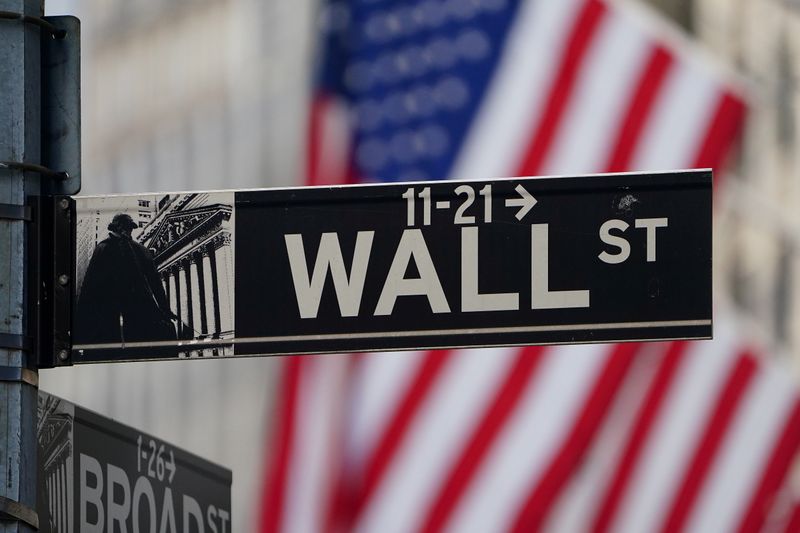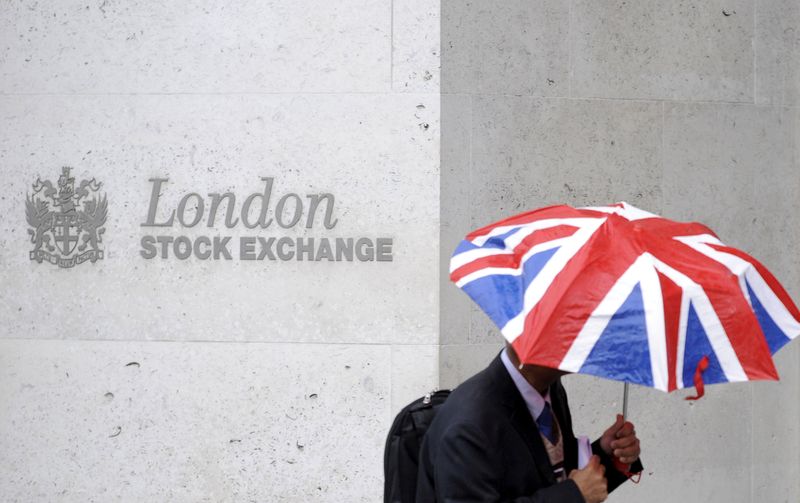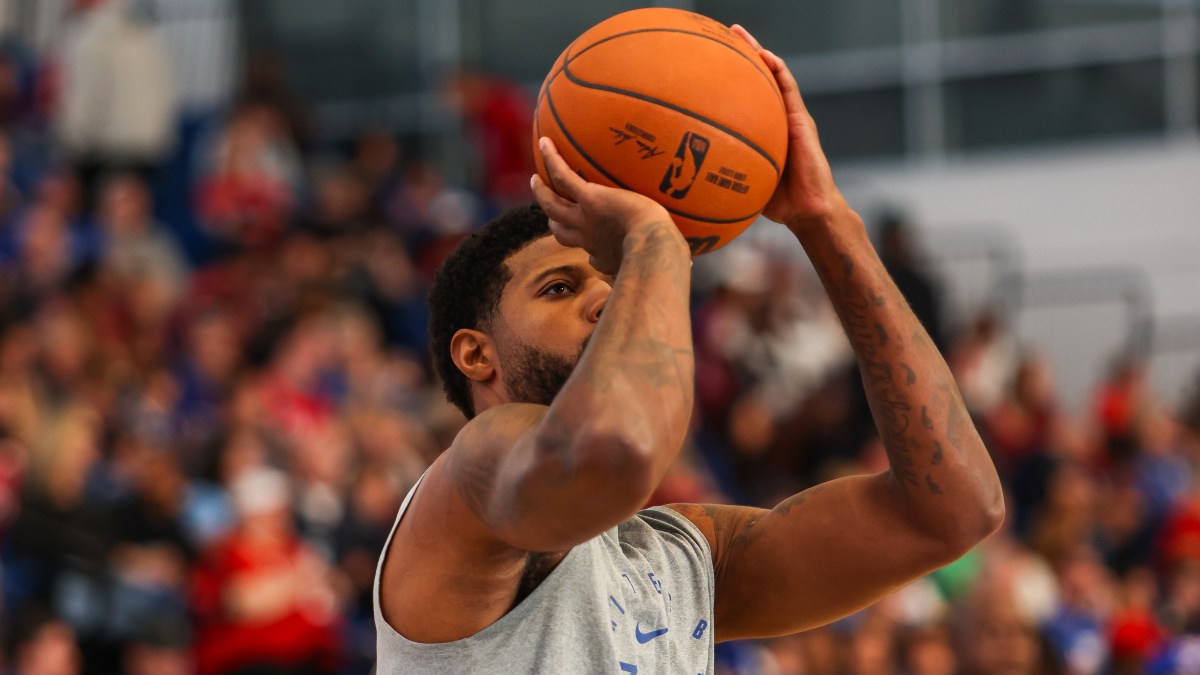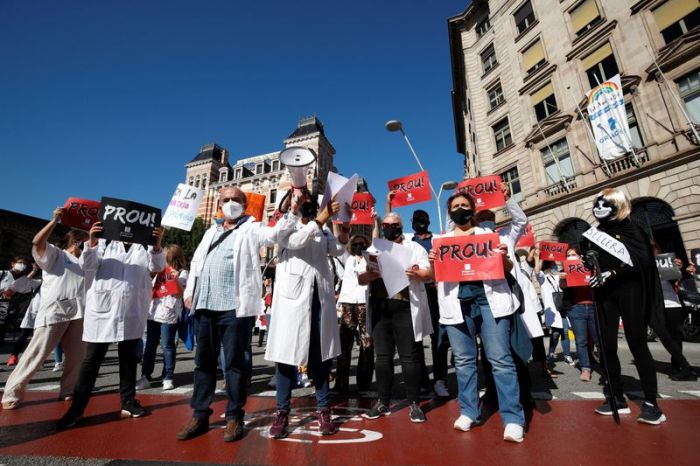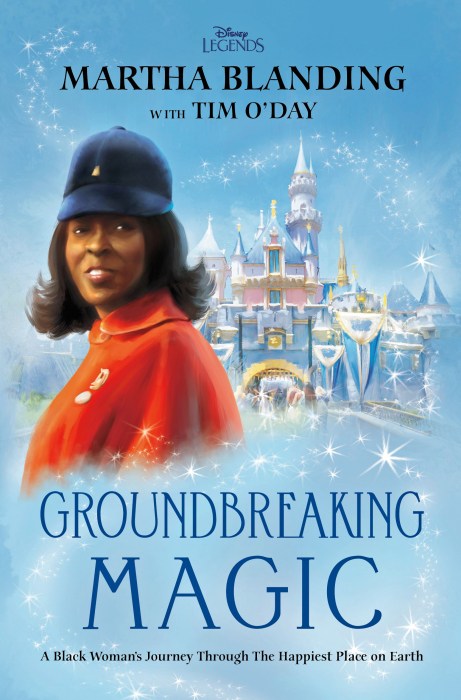NEW YORK (Reuters) – The dollar rose from a three-week low on Tuesday while U.S. and European shares eased, as news of pauses in trials of a COVID-19 vaccine and a treatment led investors to take stock of recent rallies before chasing further gains.
Some analysts said the stock market pullback did not indicate a deeper aversion to risk, since many investors are convinced that more U.S. fiscal stimulus is on the way, even if it may not be unveiled until after the Nov. 3 U.S. election.
Still, demand firmed for traditional safe-haven assets such as the dollar and government bonds. A stronger dollar in turn weighed on gold prices.
China trade data released overnight signaling a rebound in the world’s second-largest economy was mostly brushed aside by stock and bond markets, though it boosted oil prices as investors hoped for a slow recovery in energy demand.
The S&P 500 <.SPX> fell 22.5 points, or 0.64%, to 3,511.76, but still within sight of its record high of 3,580.84 struck on Sept. 2. In the last 2-1/2-weeks, the index has rebounded 8.5%.
The Dow Jones Industrial Average <.DJI> dropped 157.2 points, or 0.55%, to 28,680.33. The Nasdaq Composite <.IXIC> pared earlier gains to lose 12.4 points, or 0.1%, to 11,863.90 points.
Shares in Johnson & Johnson <JNJ.N> sagged 2.6% as investors digested news that a participant in its COVID-19 vaccine trial had fallen ill, and that it would take at least a few days to evaluate the situation.
News late in the day that U.S. drugmaker Eli Lilly and Co <LLY.N> had also paused the clinical trial of its COVID-19 antibody treatment due to a safety concern led the U.S. equity market to deepen losses in the final minutes of trading.
Shares in Eli Lilly closed down 2.85%.
Investors see the quick introduction of a vaccine as key to helping economies recover. J&J’s news came after rival AstraZeneca <AZN.L>, which uses similar technology, paused the trial of its experimental vaccine in September due to a participant’s unexplained illness.
“Markets have already priced in perfection,” said Ken Polcari, chief market strategist at SlateStone Wealth LLC in Florida. “It’s ‘buy the rumor, sell the news.'”
European shares also struggled as investors found a reason in news of Johnson & Johnson’s delayed trial to take profits.
The Euro STOXX 600 <.STOXX> lost 0.77%, ending three straight days of gains, with markets in Frankfurt <.GDAXI>, London <.FTSE> and Paris <.FCHI> mirroring its moves.
The sentiment in European and U.S. equities defied earlier resilience in Asia, where Chinese shares got a lift from data that showed exports rising 9.9% in September and imports swinging to a 13.2% gain, versus a 2.1% drop in August.
The data suggested Chinese exporters were recovering from the pandemic’s damage to overseas orders and helped Chinese blue-chip shares <.CSI300> rise 0.33%. MSCI’s broadest index of Asia-Pacific shares outside Japan <.MIAPJ0000PUS>, however, trimmed gains and was little changed by the end of Tuesday.
The dollar was on track for its best daily performance in three weeks. The dollar index <=USD> climbed 0.51% against a basket of other currencies to 93.524.
A stronger dollar pushed the euro <EUR=EBS> down 0.56% to $1.1746 and weighed on sterling <GBP=D3>, which sank 0.96% to $1.2939. The pound had breached the $1.30 mark at one point on Tuesday as investors kept an eye on ongoing Brexit negotiations.
The Australian dollar was slugged by news that Beijing has stopped taking shipments of Australian coal, dragging the Aussie <AUD=D4> down 0.67% to $0.7159 <AUD=D4>.
Government bond yields mostly fell as demand for safe-haven bonds firmed.
The benchmark 10-year Treasury <US10YT=RR> yield retreated to 0.7256%, the biggest one-day drop since Aug. 4.
Government bond yields in the euro zone also held near recent troughs, with hefty supply failing to dent a market bolstered by expectations for further central bank easing.
Germany’s 10-year Bund yield touched -0.538% <DE10YT=RR>, its lowest in just over a week. Italian <IT10YT=RR> and Greek <GR10YT=RR> benchmark 10-year debt both hit record lows.
A stronger dollar capped gold <XAU=> prices, which dropped 1.5% to $1,893.01 per ounce.
Benefiting from China’s promising trade data, Brent crude futures <LCOc1> were up 73 cents, or 1.75%, to $42.45 a barrel. U.S. West Texas Intermediate crude <CLc1> futures rose 81 cents, or 2.05%, to $40.24 a barrel.
(Reporting by Koh Gui Qing; Editing by Steve Orlofsky and Richard Chang)

